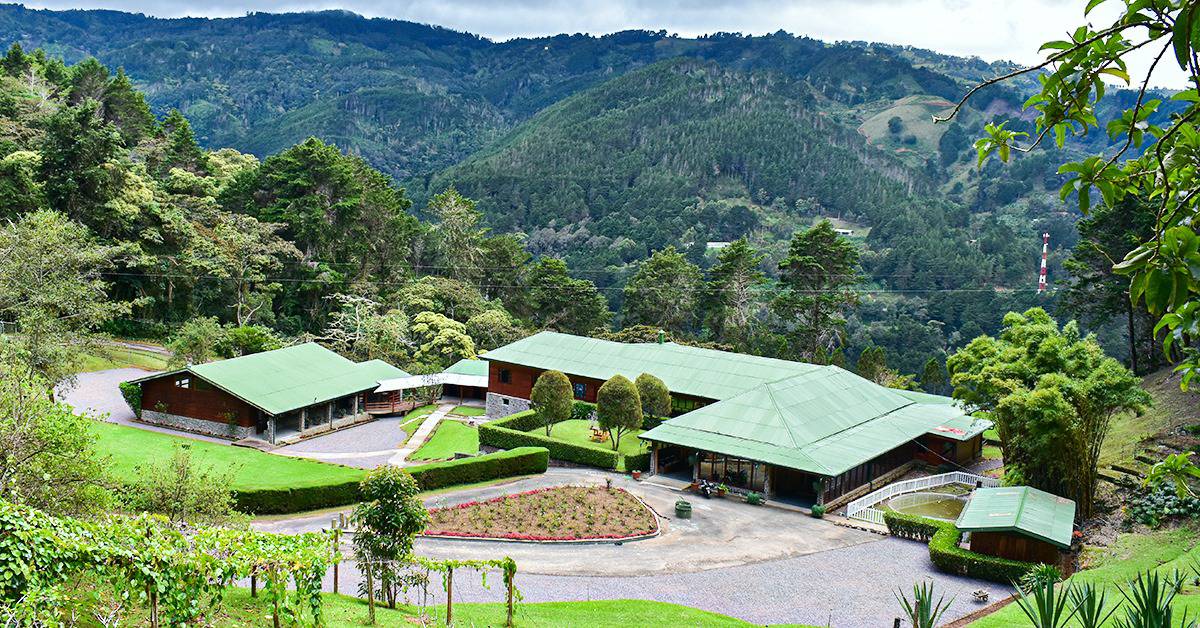Costa Rica on Tuesday inaugurated a museum in the middle of the mountains south of the capital to remember former President José Figueres, seven decades after he abolished the army and turned the country into an “unarmed democracy.”
The museum occupies the house in which Figueres — remembered as Don Pepe — lived on a farm where he developed many of the ideas that he would put into practice in the country that he ruled on three different occasions.
The José Figueres Ferrer Museum, in the mountainous community of San Cristóbal, was inaugurated on the date that commemorates the 72nd anniversary of the abolition of the Costa Rican army, December 1, 1948.
That day, Figueres used a sledgehammer to knock down a wall of San José’s Bellavista Barracks, then the army headquarters, as a symbol of the elimination of the military force.
“Don Pepe commented: ‘What a waste of money the armies are, especially in Latin America,'” the daughter of the former president, Cristiana Figueres, a diplomat who negotiated the 2015 Paris Agreement on climate change, told AFP.
Cristiana Figueres, who participated in the inauguration, recalled that for her father, “if no country in Latin America had an army, there would be more resources to invest in education, environmental protection, technological innovation, and it would remove the temptation to use the army against citizens.”
The new museum is full of Don Pepe memorabilia, including the mallet that symbolizes the abolition of the army and pieces of the demolished wall.
The old Bellavista Barracks currently houses the National Museum. Since the elimination of the army, Costa Rica has based its defense on its police forces and adherence to international agreements, such as the Inter-American Treaty of Reciprocal Assistance (TIAR) of 1947.
The director of the museum, Verónica Fernández, commented that the project is both a historical and emotional one which seeks to reconnect the population with a time that marked the identity of Costa Ricans.
“We seek to rescue some of the many facets of Don Pepe: the warrior, the farmer involved in politics, the ingenious inventor, the statesman and the tireless worker,” Fernández told AFP.
Figueres ruled Costa Rica for the first time between 1948 and 1949 at the head of a government junta, after a civil war that he himself promoted after denouncing fraud in the 1948 elections.
He returned to power by electoral means from 1953-58 and 1970-74.
He died in 1990 at the age of 83.






